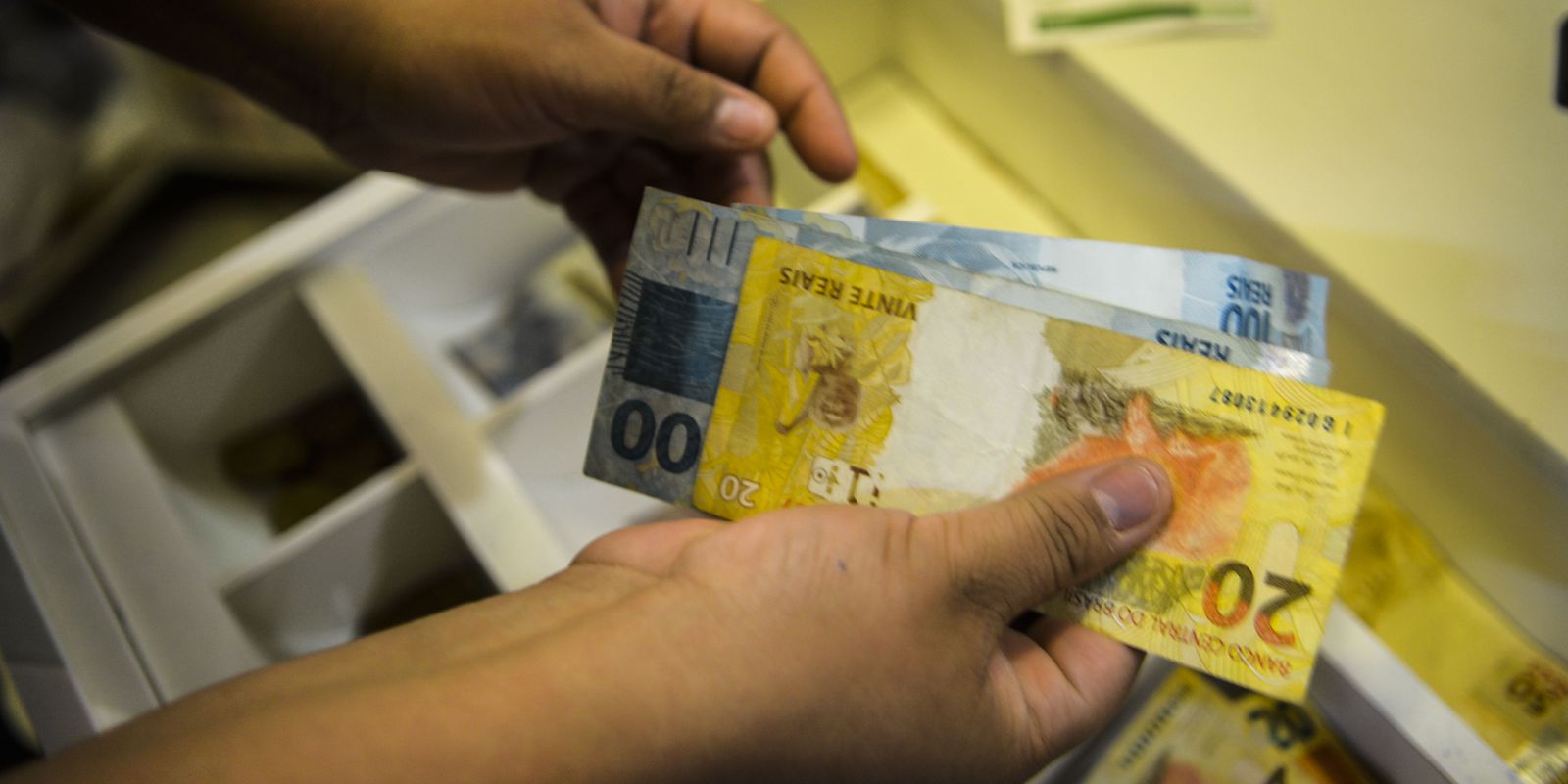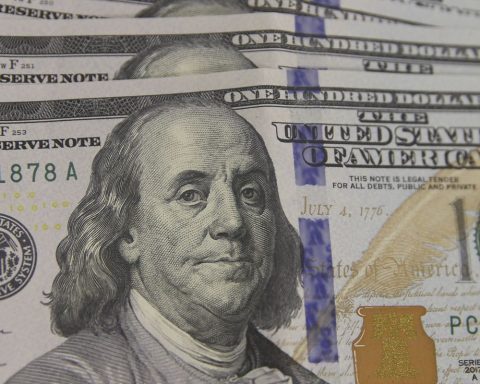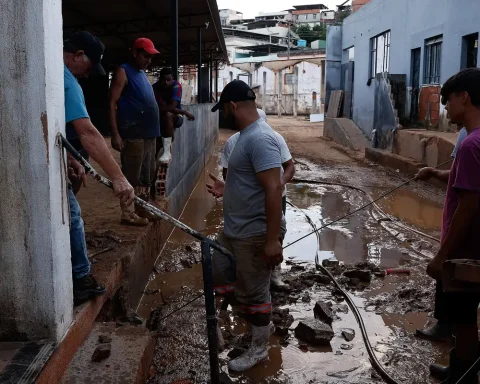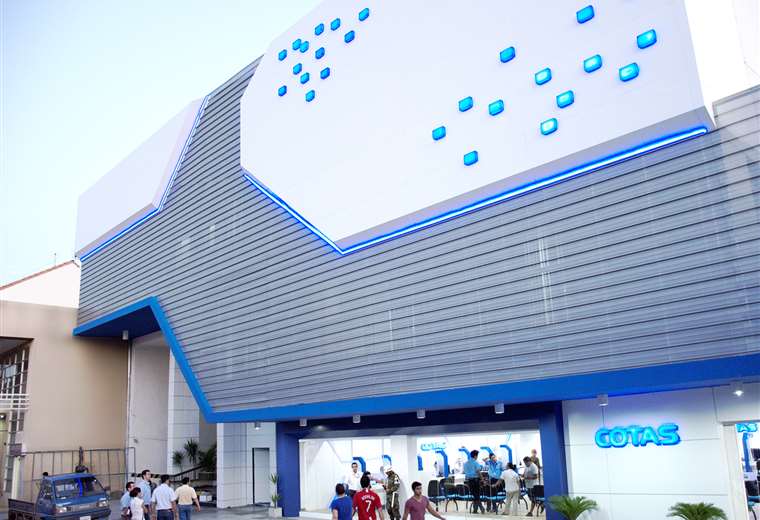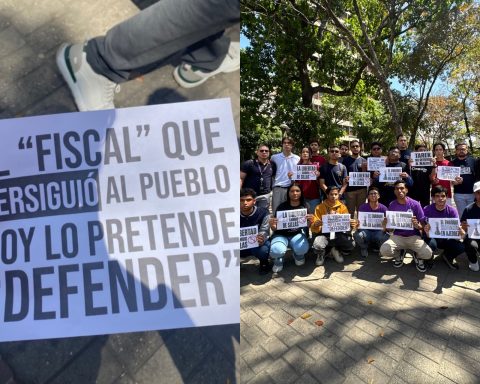The volume of retail sales in the country dropped 0.8% in July, compared to June, registering the third consecutive month of negative rate. Year-to-date, the retail sector registered a variation of 0.4% and, in the last 12 months, the sector has fallen by 1.8%.
The data are from the Monthly Trade Survey, released today (14) by the Brazilian Institute of Geography and Statistics (IBGE).
In the expanded retail trade, which includes the activities of vehicles, motorcycles, parts and pieces and construction material, the volume of sales in July fell 0.7%, compared to the previous month and 6.8% compared to July. of 2021.
According to the research manager, Cristiano Santos, the third fall in a row after months of highs demonstrates the resumption of the irregular trajectory observed since the most serious period of the covid-19 pandemic. “The sector repeats the trajectory that has been happening since March 2020, with high volatility,” he said in a note.
April was the last month with growth. Since then, May, June and July have accumulated a decline of 2.7%. Due to these results, the sector is practically at the same level as in the pre-pandemic period, February 2020, with a variation of 0.5%.
Activities
The negative result of the sector in July, presented a fall in nine of the 10 activities surveyed, counting on the expanded retail. The biggest decrease was in fabrics, apparel and footwear (-17.1%).
“Some of the large commercial chains showed a reduction in revenue, especially in the footwear sector. In addition, there may also be consumer choices, considering the reduction in current consumption capacity”, said the researcher.
The other declines were in furniture and appliances (-3%), books, newspapers, magazines and stationery (-2%), computer and communication office equipment and supplies (-1.5%), pharmaceutical, medical, orthopedic and perfumery (-1.4%), hyper, supermarkets, food products, beverages and tobacco (-0.6%) and other articles for personal and domestic use (-0.5%).
Only the activity of fuels and lubricants (12.2%) showed growth. According to the manager, this is the result of the fuel price reduction policy.
The survey also shows that, compared to July 2021, retail trade fell by 5.2%. Negative rates were recorded in seven of the 10 activities cataloged (counting the expanded retail trade).
The highlights were other articles for personal and domestic use (-28.7%), fabrics, apparel and footwear (-16.2%) and furniture and household appliances (-14.6%). The activities of computer and communication office equipment and supplies (-0.4%) and hyper, supermarkets, food products, beverages and tobacco (-0.1%) also fell.
